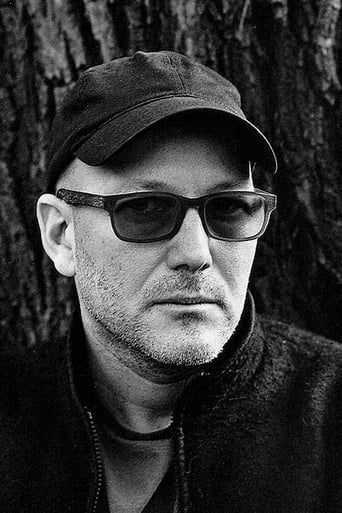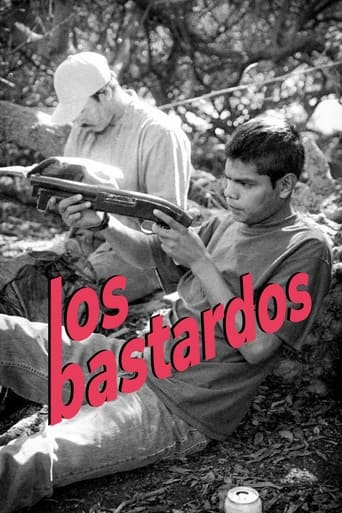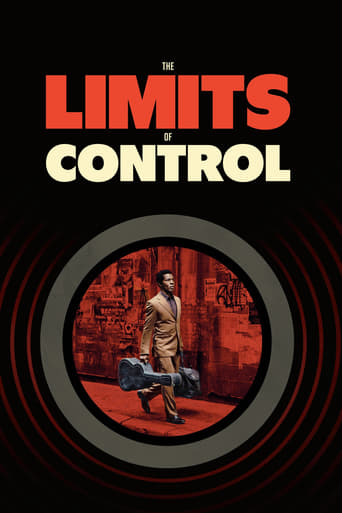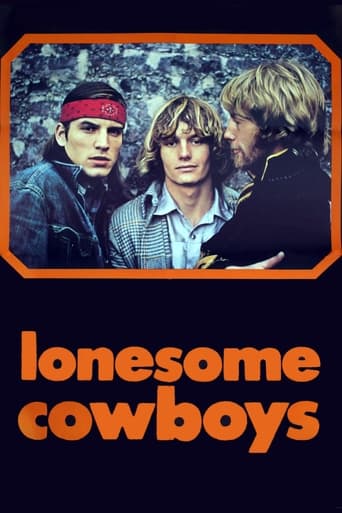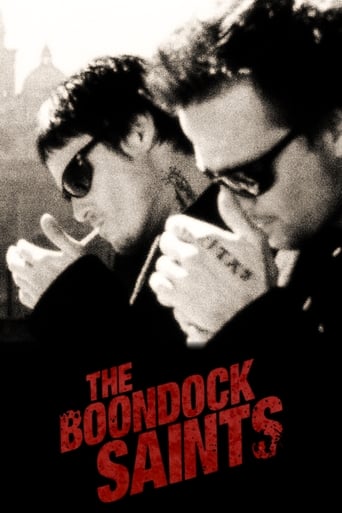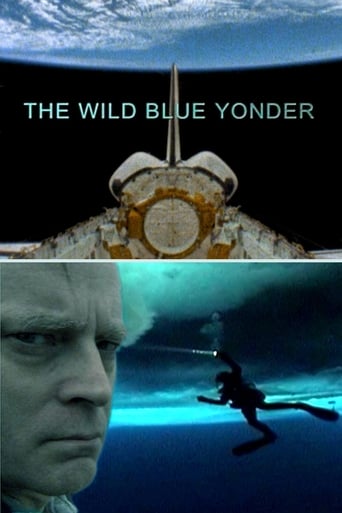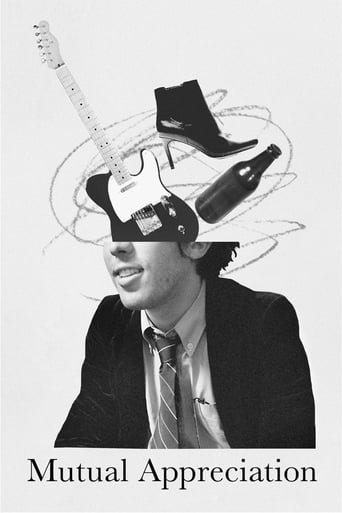
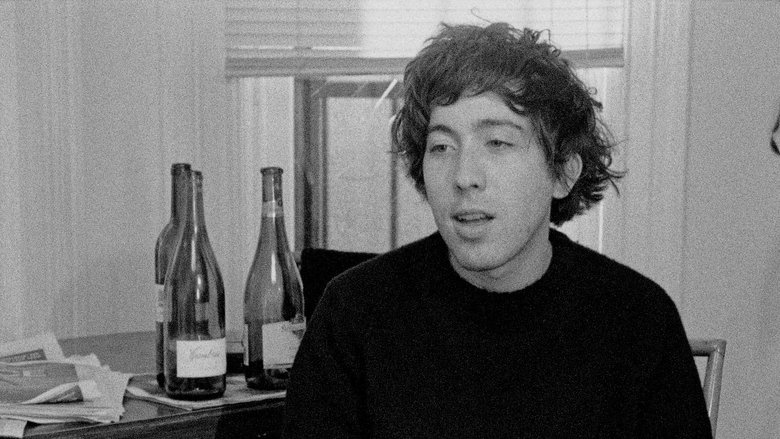
Mutual Appreciation (2005)
Alan is a musician who leaves a busted-up band for New York, and a new musical voyage. He tries to stay focused and fends off all manner of distractions, including the attraction to his good friend's girlfriend.
Watch Trailer
Cast
Similar titles
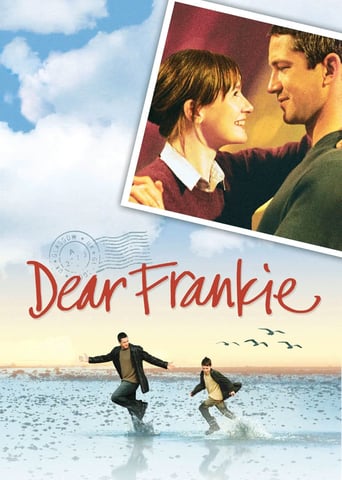
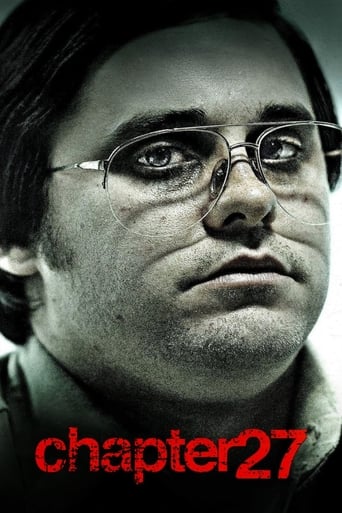
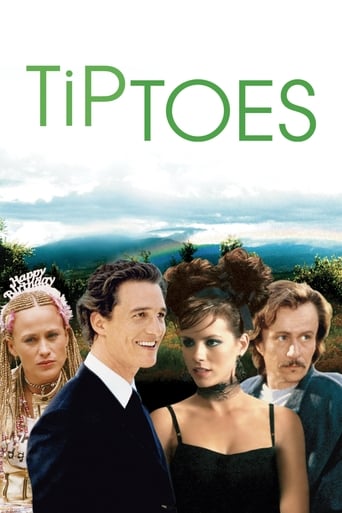
Reviews
Slow pace in the most part of the movie.
The biggest problem with this movie is it’s a little better than you think it might be, which somehow makes it worse. As in, it takes itself a bit too seriously, which makes most of the movie feel kind of dull.
It is an exhilarating, distressing, funny and profound film, with one of the more memorable film scores in years,
This is one of the best movies I’ve seen in a very long time. You have to go and see this on the big screen.
I haven't seen this director's first film, the 2002 Funny Ha Ha, but I'm already a fan, if a mild one, from this second effort. It's enjoyable to watch the quiet textures of ordinary young adult American life that Andrew Bujalski weaves, because his people talk in ways that are both witty and remarkably believable, even if the rhythms are mostly lackadaisical. "If John Cassavetes had directed a script by Eric Rohmer," Variety's Joe Leydon has written, "the result might have looked and sounded like Mutual Appreciation." That indeed does give you a starting point for understanding what Andrew Bujalski (a Harvard film graduate, now thirty-one) is up to, except that these aren't Seventies American actors or later French ones, but mostly twenty-something American non-actors, and the result of the blending of methods and interests of those two older directors is different, of course, from either Rohmer or Cassavetes. Bujalski's film is grainy black and white, the look is rough, the scenes are improvisational and vérité. The topics and the conversations are delicate, however, like Rohmer's; there aren't any long harangues or violent arguments or tortured late-night epiphanies as was Cassavetes' way. Attractions, desires, choices no huge dramas. There's really just a triangle, two male friends and the girlfriend of one of them. The boyfriend is Lawrence (Bujalski himself); the girlfriend is Ellie (Rachel Clift). The other guy is Alan (Justin Rice, in real life founder of the indie-rock band Bishop Allen), who's just come to town (NYC, i.e., Brooklyn), whose band has split up, and who wants to get started again. Alan has an interview of radio, and the host, Sara (Seung-Min Lee) later hits on him. During the course of the action, at several times when Lawrence is away, Alan and Ellie acknowledge that they "like" each other. They have a "moment," as they say. But they don't do anything about it, as far as we see (the scenes are chopped off at the ends almost every time; that's the style). They both separately tell Lawrence about their "moment." Some consideration of gender roles comes up when Lawrence agrees -- very half-heartedly -- to participate in a reading of women's experiences with men; and when Alan is talked into putting on a dress. The trio of lovers and friends acknowledge the temptation to infidelity that has happened and end with a group hug. That's all that happens in the 109 minutes. There's a hand-held camera, the grainy look of 16 mm., but Bujalski doesn't revel in the richness of black and white as Cassavetes' cameramen did. There's nothing particularly cinematic about Bujalski's method, which also has little to do with politics or current events or trends except for the presence of cell phones. There are hardly any exterior shots. But something magical does happen in the way Bujalski and Rice and the other main characters, who aren't particularly photogenic, to put it mildly, start to look good to us, because the inner beauty of their natures Alan's openness and positivity; Lawrence's sensitivity and goodness gradually emerges from the thick grain. Because Bujalski's kitchen-sink use of awkwardness is so adept, it almost disappears. The pace is sometimes excruciating, but in a way this isn't a movie; it doesn't feel like one; and that's not so bad. What makes the movie a success is the naturalness doesn't seem forced or self-conscious. The people aren't actor-y like Cassavetes and his pals. Their conversations are choppy and awkward sometimes, but alert, even witty. These aren't Actors Studio-style tortured-intensity Stanislawski moments, but remarkably believable recreations of twenty-first-century, twenty-something American conversations. Bujalski's characters, as his Wikipedia bio says, are "well-educated, yet socially inept young white people." The scenes, which include a show at a club that's not very well attended, and a little gathering at an older man's house afterward followed by another dying party of three women in wigs who dress Alan in drag, and phone conversations between Alan, the singer, and his father (one of them to voice mail, while Alan strums his guitar and doesn't answer), have a documentary feel, but it's a documentary that's niftily edited, about people observed so nicely you end by liking them. In limited release. Seen at Cinema Village NYC September 18, 2006.
If this film represents the voice of the twenty-something generation, we are in trouble. It's disturbing that so many claim to find genius, humor or even originality in this film. Comparisions with Cassavedes, who is riveting, Rohmer, who is profound, and Woody Allen, who is both funny and original, are insulting to those directors. The film is a colossal bore. It is not enough to be raw and real if your actors are unimaginative and your characters are given almost nothing interesting to say or do and your script shows little intelligence or originality. (The mole-must-be-removed motif has already been done, to much more hilarious effect, in Nichole Holofcener's "Walking and Talking.") I find it telling that in one of the user reviews, the writer feels compelled to apologize for falling asleep during the film. No, that is an entirely appropriate reaction.
Bujalski's second feature is as unassuming as advertised, but leaves with the viewer an unique and moving feeling worth noting both for its penetrating depth and surface effects. Never in Mutual Appreciation's 110 minutes do we feel manipulated into a particular point of view or emotion, and Grunsky's camera never seems to try to lend meaning that isn't there. Instead Bujalski uses the medium in a wholly natural manner, one which is true to the time and experiences the film's characters move through, building the narrative to an emotional head brought about entirely by the passions and needs of his principal actors. It's a technique that can be difficult at first to appreciate specifically because it eschews virtuosity and the kind of razzle-dazzle that leaves structure, acting, and personal connection in the lurch, but as Mutual Appreciation plays out, it becomes clear that we are in the hands of a young master, one who can find profundity and practical importance in everyday interaction. Bujalski can see what people need at the most basic level and, with that, points toward bigger messages rather than telegraphing a sound-bite-ready understanding. Few American filmmakers working today (of any age) better understand the power of art to communicate a state of mind rather than a single, finite exclamation.
I bet Andrew Bujalski is sick of reading that he's the voice of his generation, when most of that neo-slacker demographic has never had the opportunity to see his films. Like Funny Ha Ha, Mutual Appreciation is hardly your standard Amerindie It's shot on 16mm black-and-white, thus confirming Bujalski's allegiance to a strain of maverick filmsShadows, Stranger than Paradise, Clerksthat bring poignantly accurate renditions of subcultures of which their directors have intimate knowledge to otherwise homogenized screens. While Cassavetes is the most obvious influence, one might also regard Funny Ha Ha and Mutual Appreciationas Rohmer without subtitles. Both films are "moral tales" whose characters leap to language as offense and defense.Amy Taubin

